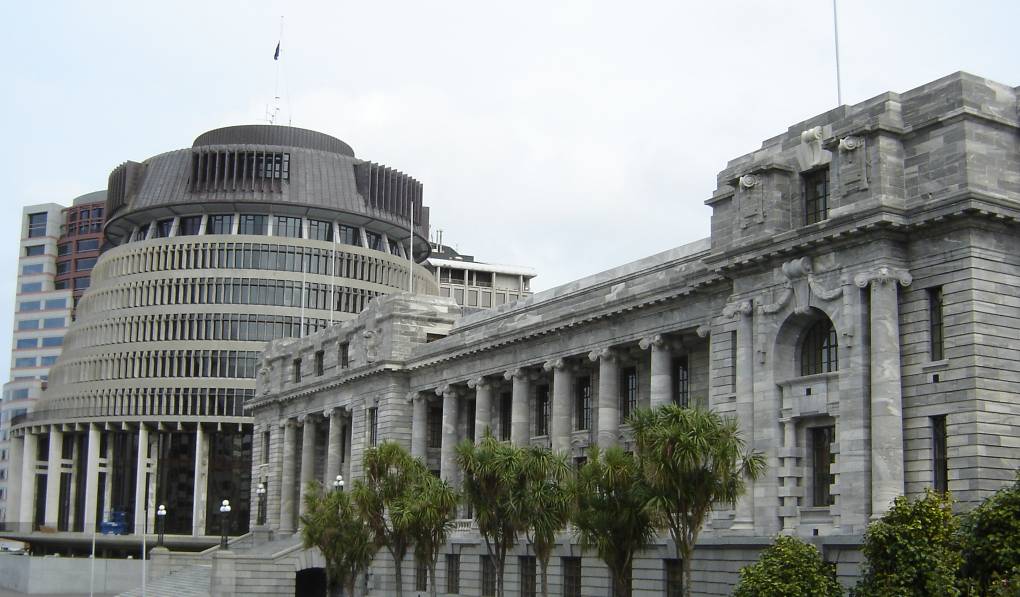A new report by Māori researchers seeks major changes to the way in which knowledge and evidence is used in policy and decision-making in post-COVID Aotearoa.
Te Pūtahitanga: A Tiriti-led science-policy approach for Aotearoa New Zealand raises concerns about the exclusion of Māori and Pacific expertise from science advice and key decision-making roles, which was particularly evident during the pandemic:
“A top-down model that is not adequately informed by Māori voices retains its intellectual blind sports and weakens the relevance of scientific conclusions. This, in turn, can undermine positive outcomes for Māori and reinforce beneficial outcomes for groups that are already privileged”.
The report calls for a bolder science-policy approach that leverages the strengths of the Treaty of Waitangi and Mātauranga Māori to achieve better outcomes for Māori.
The Science Media Centre, based in the Royal Society of New Zealand, often invites expert comment on important science-related issues.
In this case it has opted to ask the report’s authors to comment. The two experts – not surprisingly – did not disagree with the thrust of the report.
Professor Tahu Kukutai, Te Rūnanga Tātari Tatauranga (National Institute of Demographic and Economic Analysis), University of Waikato:
“There are two things that make this report significant. One is that it interrogates – from an unapologetically Māori vantage point – how science and evidence shapes policymaking. Unsurprisingly, it finds that the current approach marginalises Māori experts, knowledge and priorities, with harmful consequences for Māori and Aotearoa more broadly.
“It argues for a Tiriti-led approach that is equity focused, more ‘bottom up’ than ‘top down’, and that draws on Mātauranga Māori and community expertise in far more timely and connected ways.
“The second point of the difference relates to the authors. Collectively they cover every part of the research, science and innovation system and bring with them a huge amount of expertise and experience, in Te Ao Māori and in Pākehā-dominated institutions and settings. They have been up close and personal with the science-policy interface for decades and they know it isn’t working for Māori, or indeed for many other communities.
“The collective wisdom they offer in the report is more than a wero – it’s an agenda for change, with clear and actionable recommendations. The real test will be whether those with the power to make the changes are actually up for it.”
Conflict of interest statement: Professor Kukutai co-authored this report.
Professor Tracey McIntosh, Professor of Indigenous Studies and Co-Head of Te Wānanga o Waipapa (School of Māori Studies and Pacific Studies), University of Auckland:
“Deeply embedded social inequities, the intergenerational reach of the prison, and the degradation of our land and waterways – none of these are intractable issues. All are amenable to change.
“This report clearly demonstrates the strength of drawing on disciplinary, cultural and place-based expertise to generate new knowledge, sustainable solutions and shape evidence-based, culturally-informed policy practice. A Tiriti-led science-policy approach for Aotearoa offers a critical opportunity to support the vision of a just and equitable society.”
Conflict of interest statement: Professor McIntosh co-authored this report.
The report makes five key recommendations:
- Appoint Māori Chief Science Advisors in key departments
- Develop Tiriti-based guidelines for RSI funding
- Strengthen monitoring of Māori RSI investment and activity
- Establish a Mātauranga Māori entity with autonomous governance and baseline funding
- Develop a plan for regionally based Te Ao Māori policy hubs
Te Pūtahitanga was written by Māori researchers working across the RSI sector including from Ngā Pae o Te Māramatanga, the Chief Science Advisor Forum, the Health Research Council and the National Science Challenges (Rauika Māngai).
It has been backed by prominent Māori organisations including the New Zealand Māori Council, the Māori Women’s Welfare League, Te Ohu Kaimoana, Te Kāhui Raraunga, and Te Mana Raraunga Māori Data Sovereignty Network.
The report follows the publication of A guide to Vision Mātauranga: Lessons from Māori voices in the New Zealand science sector by Rauika Māngai last year.
Sources: Science Media Centre and Nga Pae o te Maramatanga












